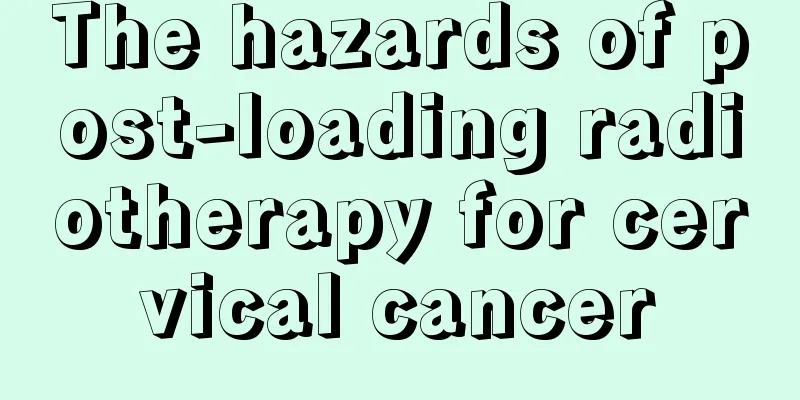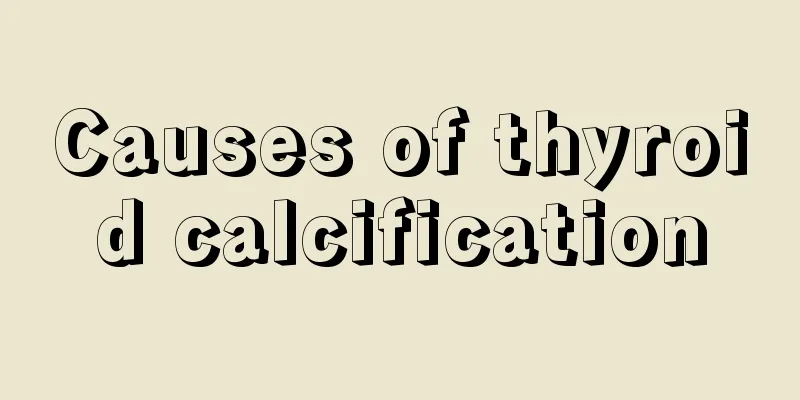Category I pollutants

|
Garbage must be classified, and the first type of pollutant is the most serious. It often requires special treatment, otherwise it will cause harm to the body. Generally, this kind of pollutant is discharged into nature, thus causing impact on people's health. Wastewater must be discharged to a designated location and must not be discharged directly into rivers. Not only is it harmful to the fish and shrimp inside, it can also easily cause algae to grow rampantly. The first category of pollutants are all seriously harmful substances that can easily cause great damage to the environment, so they must be strictly controlled. Wastewater containing such harmful pollutants shall be sampled at the outlet of the workshop or workshop treatment facility, regardless of the industry and wastewater discharge method, or the functional category of the receiving water body, and its maximum allowable emission concentration must comply with the provisions of "Maximum allowable emission concentration of first category pollutants" listed in this standard. No new sewage outlets shall be built in the first-level protection areas of urban centralized drinking water sources, key scenic spots and historic water bodies designated by the state, precious fish protection areas and other water protection areas with special economic and cultural values, as well as bathing beaches and aquaculture farms. Existing sewage discharge units shall be strictly controlled by local environmental protection departments to ensure that the water quality of the receiving waters meets the water quality standards for the specified purposes. Category I pollutants refer to those that can accumulate in the environment or in animals and plants and have long-term adverse effects on human health . Wastewater containing such harmful pollutants shall be sampled at the outlet of the workshop or workshop treatment facility, regardless of the industry and wastewater discharge method, or the functional category of the receiving water body, and its maximum allowable emission concentration must comply with the provisions of "Maximum allowable emission concentration of first category pollutants" listed in this standard. Category II pollutants refer to pollutants whose long-term impact is less than that of Category I pollutants . When samples are taken at the discharge outlet of the pollutant discharge unit, their maximum allowable emission concentration must comply with the provisions of "Maximum allowable emission concentration of Category II pollutants" listed in this standard. This standard stipulates that sewage discharged into surface waters and urban sewers shall be implemented according to the first, second and third level standards respectively according to the functional requirements of surface water areas and the destination of wastewater discharge. |
<<: Does moldy bean curd need to be cleaned?
>>: How to use fabric softener
Recommend
Forehead allergy and peeling
Allergy is a common phenomenon. If allergic peeli...
What are the effects of honey lithospermum officinale paste
Little Honey Comfrey Cream is very popular in man...
How to remove wax from apples
Apple is a fruit that we all like to eat. Apples ...
How to treat oral ulcer and swollen mouth
Usually when oral ulcers occur, the mouth will be...
What's the matter with the red spots on the instep
The feet are an important part of our body. Somet...
How can a thin person become stronger
People who are thin or weak usually have poor app...
What are the symptoms of liver cancer bone metastasis? Several symptoms of liver cancer bone metastasis
Once you find out that you have liver cancer, you...
Traditional Chinese medicine for clearing away heat and detoxifying skin diseases
What are the traditional Chinese medicines for cl...
Are fixed dentures harmful?
I all know that dental problems are a very troubl...
Ultrasonic diagnosis of pancreatic cancer
Pancreatic cancer is a highly malignant digestive...
Is acupuncture effective in treating cerebral infarction?
Cerebral infarction is a common disease in life. ...
Experts tell you several ways to prevent rectal cancer
Tumor disease is a disease that no one wants to g...
What can't you eat if you have thyroid cancer
Thyroid cancer patients generally do not have cle...
How to treat chloasma
Chloasma is a common pigmentation. The main cause...
What happens if you eat too much lamb kidneys
Lamb kidneys are a well-known food. Many people p...









